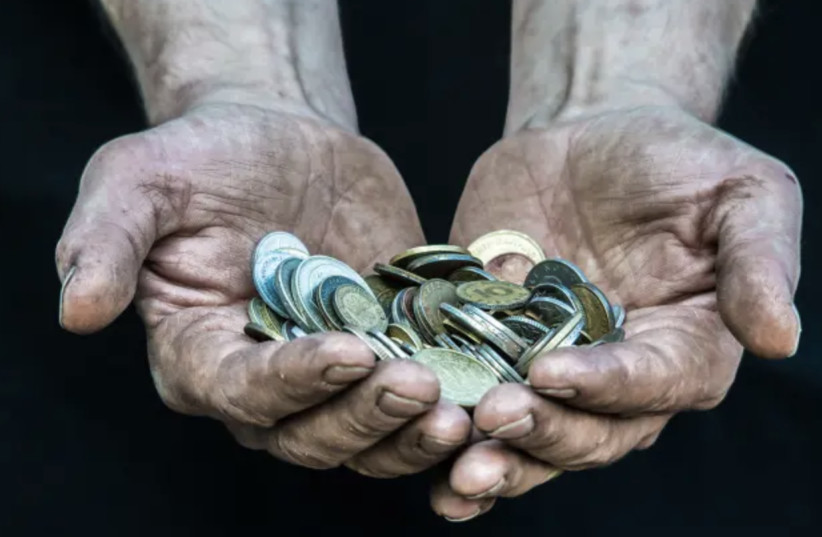People tend to save more money when their saving goals align with core personality traits, a joint Columbia University and University of Colorado Boulder study from earlier this month found.
Saving is a challenge to many of us due to the psychological barrier of making a sacrifice in the present to benefit ourselves in the future. Most of us have made attempts to save for the future, whether it is setting aside money for a down payment on a home, college tuition, or retirement.
Savings rates in the US, globally are critically low
In spite of this, savings rates in the US and globally are critically low. In October 2022, the Bureau of Economic Analysis reported Americans to save just 2.3% of their income, the lowest in nearly two decades.
In the study, researchers looked to better understand people’s financial behaviors and what encourages them to save. The findings, which discovered that those who have a "nice" demeanor prioritize spending money on social events and are therefore less likely to save, were published February 16 in the peer-reviewed journal American Psychologist.

“Could we simply highlight how saving money would help them protect their loved ones? This suddenly makes money a means to an end that they care about.”
Sandra Matz
The Big Five personality traits and savings goals
First, the team inquired from 2,447 participants in the United Kingdom about their "Big Five" personality traits (agreeableness, conscientiousness, neuroticism, openness and extraversion).
They also asked about the participants' savings goals. Independent raters coded the savings goals into categories of fit for the personality traits, including saving for a future purchase of a car, saving for leisure, saving for a “rainy day,” and saving for retirement.
As expected, wealthy people had more savings, on average, but personality-goal fit explained about 5% of the variance in savings amount across all incomes.
The researchers found that on average people whose self-reported savings goals were a good fit for their personality traits had a larger nest egg. The effect held true regardless of socioeconomic level.
Next, to understand how a specific intervention influences people’s savings behaviors, the researchers examined how personalized savings-related emails impacted over 6,000 participants in the US who had less than $100 stashed away.
Each participant was provided a 30-item personality assessment, and they were divided into five groups. Over the course of a month, one group received five emails encouraging them to save towards a goal that matched their dominant personality trait.
Another set was sent emails that contradicted their personality. A third team had randomly selected goal messages. A fourth received an email with a generic statement encouraging savings but there wasn't a particular goal mentioned. No emails were sent to the fifth group.
Overall, according to the study, people who received the personality-tailored intervention were 3.57 times more likely to reach the $100 savings target than those in the control group.
“It was wonderful to see this approach work,” said researcher Robert Farrokhnia. “It was important for us from the get-go to not only contribute to the existing literature and have a vigorous research study, but also to deploy the findings in the real world and come up with something companies could actually use and implement. Given the dire facts about savings in the US, we were particularly interested in helping to alleviate some of the challenges low-income and distressed households face in managing their finances. The recent economic downturn, including rising prices and higher challenges around achieving personal savings goals, made this pursuit even more important to us.”
The study was built off of previous work done by two of the contributing researchers, Joe Gladstone and Sandra Matz.
The earlier research, which was backed up by the new findings, found that people high in agreeableness are less likely to save than others, possibly because they’ve been taught that valuing people and valuing money are at odds with one another, and that “nice people” don’t value money.
“We tried to think of ways we could motivate agreeable people to save more,” Matz said. “Could we simply highlight how saving money would help them protect their loved ones? This suddenly makes money a means to an end they care about.”
